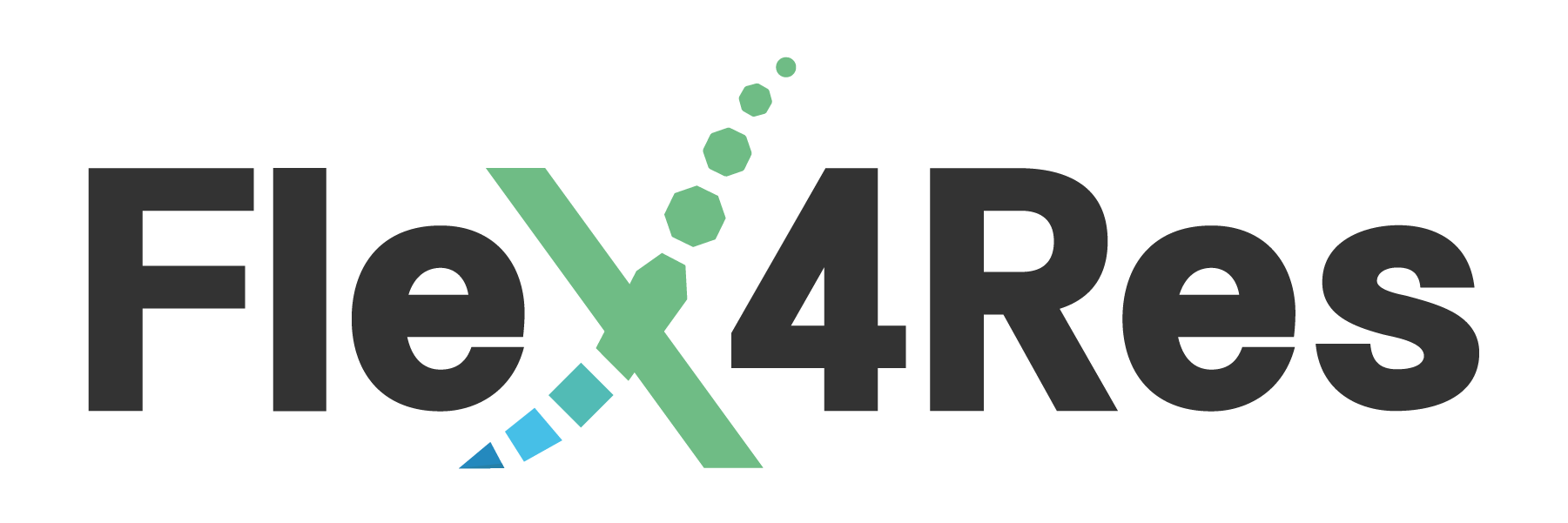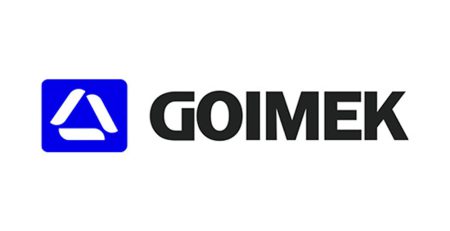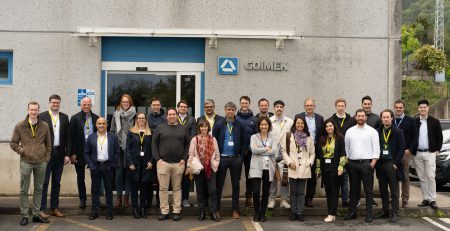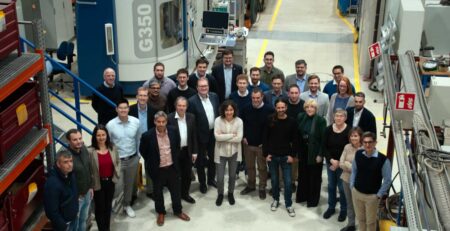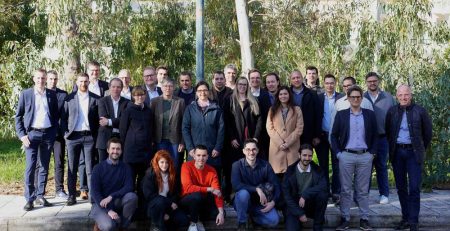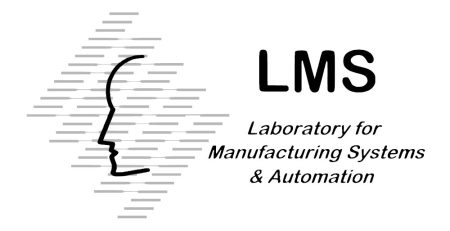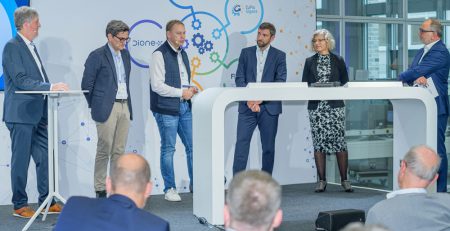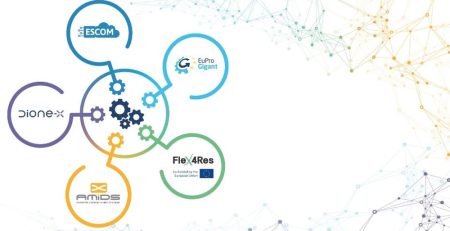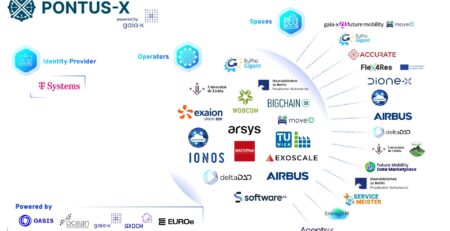Industry-oriented research for resilient supply chains
The Horizon Europe research project Flex4Res aims to strengthen the European manufacturing industry by boosting supply chain resilience. Its four use cases are challenges that can be translated to the majority of production companies.
Supply chains are getting increasingly interconnected across the globe and therefore more complex. As a result, they are susceptible to external and internal disruptions which can lead to losses in revenue. Publications such as The Economist rate the decline in revenue that the pandemic and its associated disruptions in supply chains caused in 2020 ranging from 6% to 20%. To face such challenges, the research project Flex4Res focuses on strengthening supply chain resilience in the European manufacturing industry by putting data spaces at the centre. The three-year project with 17 partners started in January 2023.
Flex4Res brings together different actors from the manufacturing sector as well as academia to make sure that the findings of the four use cases have relevance for the European manufacturing industry. They address different levels in the manufacturing system, ranging from the process and machine via the production line to the supply chain.
Smart adjustment measures after a tool change are at the centre of the use case from Hans Berg GmbH & Co. KG. The goal is to reduce the time required to reconfigure the tools and produce fewer defective components as a result. Processes also become easier to reduce the risk of human error.
The use case from GOIMEK S. Coop is about developing a cross-site production planner for several operations within the production of one part based on real-time data with a constant reconfiguration of production plans.
voestalpine Group seeks more flexible production planning and scheduling. This use case takes the current machine state and manufacturing utilities into account and opens the opportunity to reconfigure the manufacturing processes during production.
Also, Sidenor Group seeks to first optimise supply planning at network level, then at the Thessaloniki plant. This will enable the group to react to external and internal disruptions.
To solve the challenges, the project will develop the following solutions:
- A smart tool equipped with sensors to record manual tool adjustments with human motion capture to support adjustment measures.
- A reconfiguration toolbox with a fuzzy case-based reasoning system to allow a flexible flow of products through the factories and sites.
- A resilience toolbox using the Asset Administration Shell model and Gaia-X self-description for the cross-company usage of the digital resilience services.
- An IDS/Gaia-X connector for secure data sharing between the production sites as well as companies, using digital twins and the Asset Administration Shell.
- A production planner using real-time data to suggest reconfiguration strategies.
- A predictive maintenance module to identify anomalies that could potentially lead to failures.
